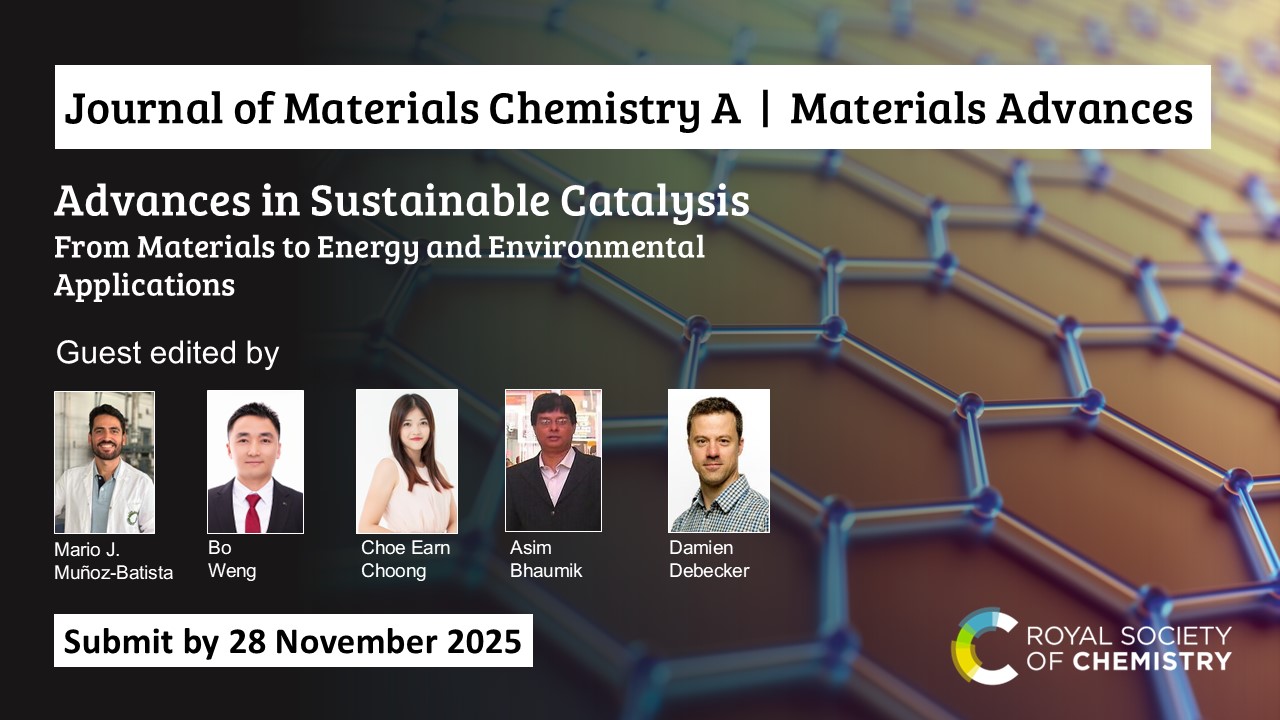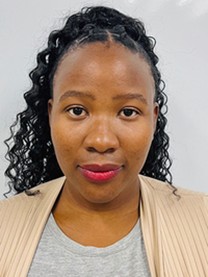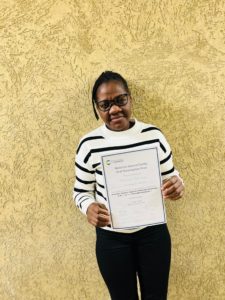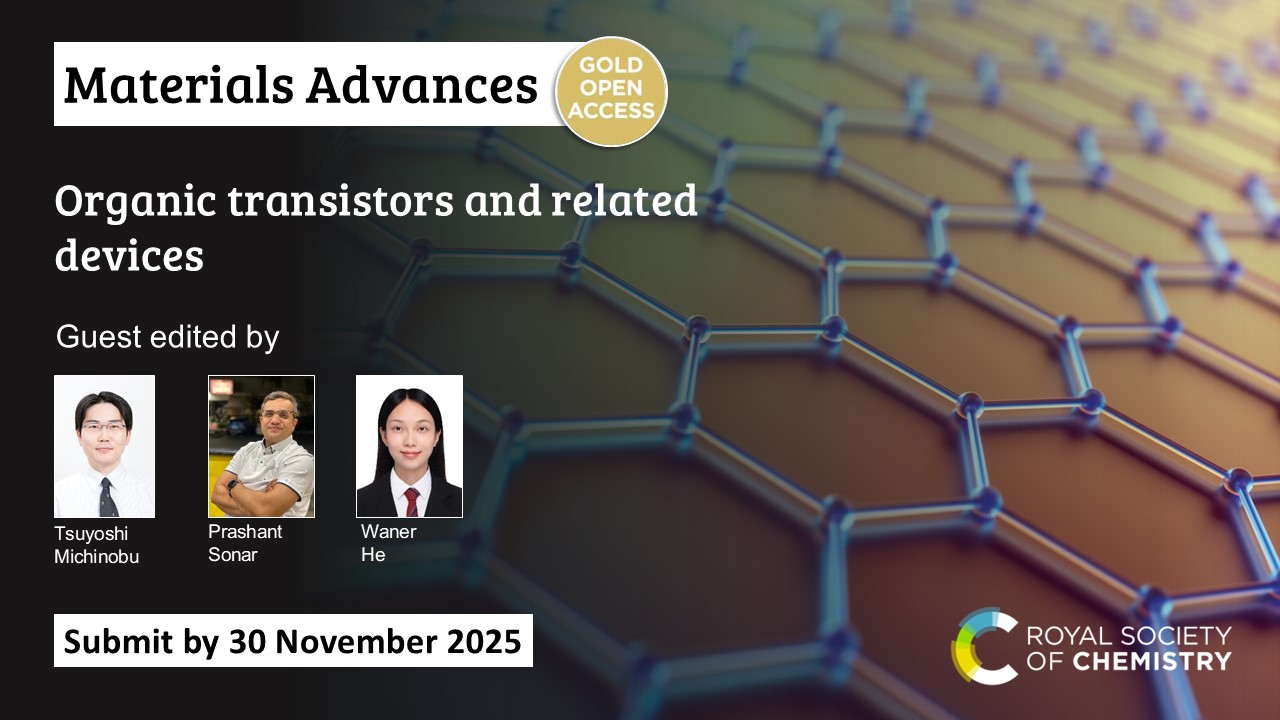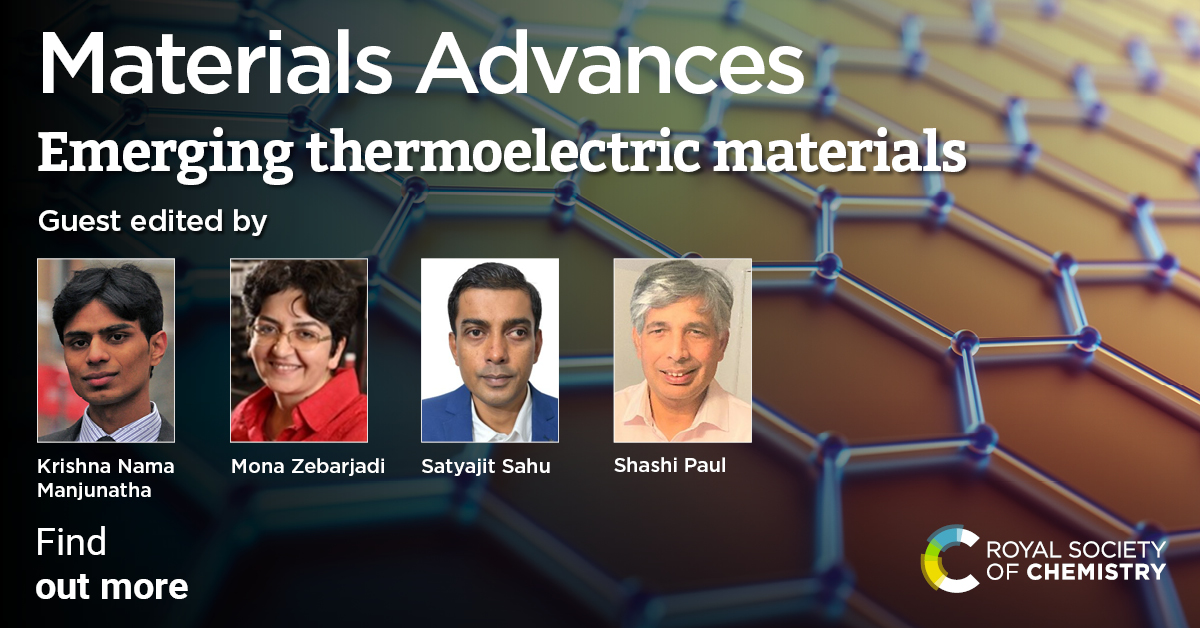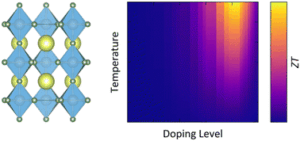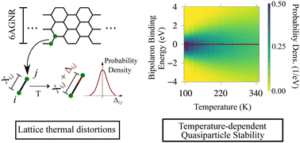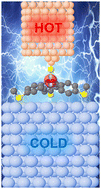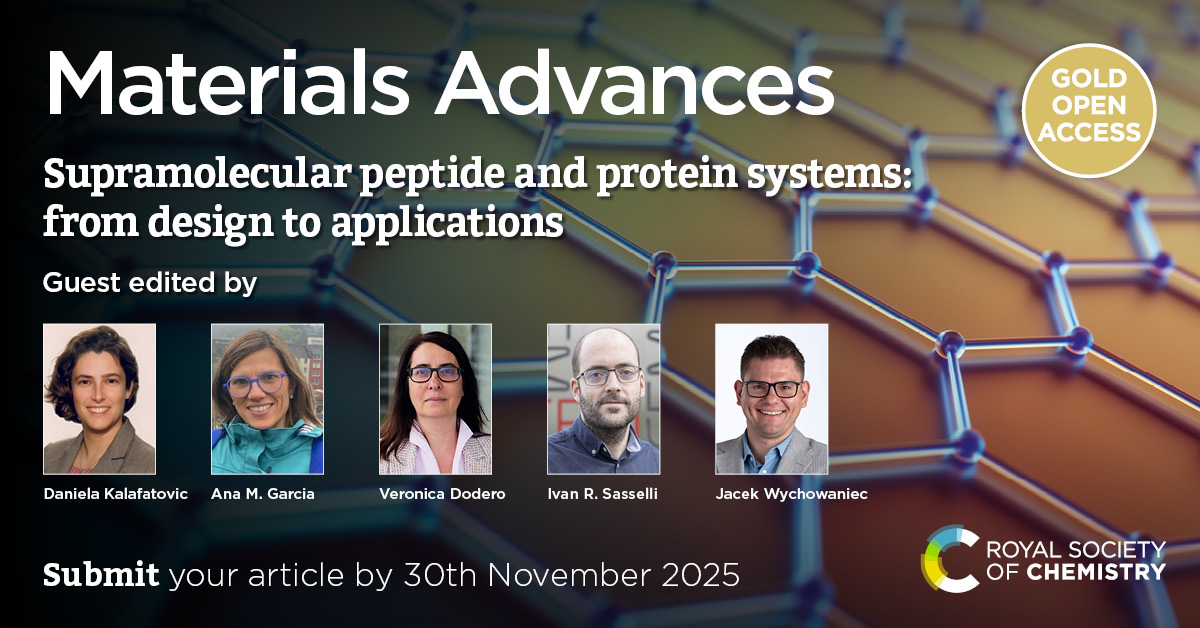We are delighted to announce an open call for papers to our new themed collection focusing on sustainable catalysis!
Guest Editors: Prof. Mario J. Muñoz-Batista (University of Granada, Spain), Prof. Bo Weng (Institute of Urban Environment, Chinese Academy of Sciences), Prof. Choe Earn Choong (Kwangwoon University, South Korea), Prof. Asim Bhaumik (School of Materials Sciences, Indian Association for the Cultivation of Science, India), Prof. Damien Debecker (University of Louvain, Belgium)
You are welcome to submit an article within the scope before 28 November 2025
Both Journal of Materials Chemistry A and Materials Advances are happy to receive contributions to this collection.
If you are interested in contributing to this collection, please get in touch with the Editorial Office by email.
Sustainable catalysis can be defined as a multidisciplinary approach that integrates environmental, economic, and social factors to develop catalytic processes that are viable over the long term. This field focuses on creating and utilizing catalysts that enhance the efficiency and selectivity of chemical reactions while minimizing environmental impact and promoting resource conservation. Key aspects include the development of materials using environmentally friendly synthesis techniques or waste-derived materials, transforming waste into valuable resources, and addressing critical environmental challenges. Additionally, sustainable catalysis emphasizes the synergistic use of energy, optimizing processes to reduce energy consumption and enhance overall efficiency.
This includes, but is not limited to, the use of electro-catalytic, photo-catalytic, piezoelectric, sonocatalytic, mechanochemical, and enzymatic catalysis schemes, as well as combinations of these energy forms to achieve synergistic effects. In this collection, we welcome perspectives, review articles and full papers on any of these topics.
There are no costs associated with publishing in Journal of Materials Chemistry A, unless you wish to publish your work open access. Get in touch if you would like more information.
Publishing open access with RSC journals unlocks the full potential of your research – bringing increased visibility, wider readership and higher citation potential to your work. As a not-for-profit organisation serving the chemical sciences community, we ensure that our article processing charge (APC) remains the most competitive of major publishers. More details can be found here and the APC for Materials Advances is £2100. You can also use our journal finder tool to check if your institution currently has an agreement with the RSC that may entitle you to a discount of the APC.
Get to know the Guest Editors
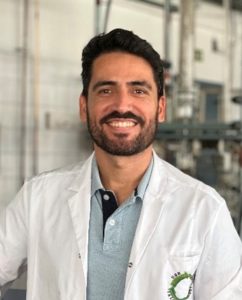 |
Prof. Mario J. Muñoz-Batista University of Granada, Spain
https://orcid.org/0000-0002-1419-0592 Mario J. Muñoz-Batista is a Professor at the University of Granada. He obtained his PhD in Applied Chemistry from the Autonomous University of Madrid – Institute of Catalysis and Petrochemistry (CSIC). His research expertise lies in the development of innovative methods for material preparation and the mathematical modelling of energy-efficient and environmentally sustainable chemical processes. His work spans a broad range of applications, from effluent treatment to novel pathways for chemical production, fuel generation, and the development of emerging energy vectors, with a strong emphasis on catalytic processes and waste valorization. He has authored more than 110 SCI-indexed articles (h-index = 37), holds two patents, and has contributed to several books and book chapters. He also serves in editorial roles for various leading journals in his field. |
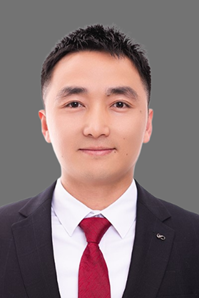 |
Prof. Bo Weng Institute of Urban Environment, Chinese Academy of Sciences
https://orcid.org/0000-0001-8337-219X Dr. Bo Weng is currently a professor at the Institute of Urban Environment, Chinese Academy of Sciences. He earned his Ph.D. in Physical Chemistry from Fuzhou University, China, in 2018. Following his doctorate, he pursued postdoctoral research at Xiamen University and KU Leuven, supported by the European Union’s Horizon 2020 under Marie Skłodowska-Curie Action (Individual Fellowships) and the Research Foundation-Flanders (FWO) Postdoctoral Fellowships. His research primarily focuses on photocatalysis and photo-assisted AOPs for environmental remediation. He has published 84 papers, achieving an h-index of 38 and 5556 citation (Google Scholar). As the first author or corresponding author, I have published 46 papers including Nature Review Clean Technology, Nature Communications, Angewandte Chemie – International Edition (x3), Advanced Materials, Advanced Energy Materials, Chem et al. I am invited to serve as the Editorial Board Member of NPJ Clean Water (JCR Q1 IF 10.4), Scientific Reports (JCR Q1 IF3.8), Carbon Energy (JCR Q1 IF 19.5), Next-generation advisors of Chem (JCR Q1 IF 19.1), Youth Editorial Board Member of Chinese Chemical Letters (JCR Q1 IF 9.4), EcoMat (JCR Q1 IF 10.4), EcoEnergy, and Guest editor of Chem, Advanced Functional Materials, Carbon Energy, ChemSusChem, RSC Materials Advances et al. |
 |
Prof. Choe Earn Choong Kwangwoon University, South Korea
https://orcid.org/0000-0002-3921-778X Choe Earn Choong is a Research Professor in the Environmental Engineering Department Kwangwoon University, South Korea. In 2018, she received the Ph.D in Environmental Engineering from the University Malaya, Malaysia. Her research interests in developing nanomaterials include advanced oxidation catalysts, plasma catalysts, and adsorbents for water and wastewater treatment. She has published more than 50 scientific papers and was granted 10 patents in the nanomaterial’s development for water treatment. In addition, she is one of the editors for Separation and Purification Technology and Journal of Water Process Engineering. |
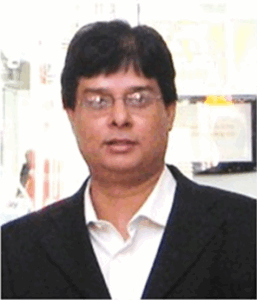 |
Prof. Asim Bhaumik School of Materials Sciences, Indian Association for the Cultivation of Science, India
https://orcid.org/0000-0002-4907-7418 Prof. Asim Bhaumik received his PhD in Chemistry in 1997 from National Chemical Laboratory, Pune, India. Then he was JSPS Post-Doctoral Fellow at the University of Tokyo during 1997-1999. After that he moved to Toyota Central R & D Labs Nagoya, Japan during 1999-2001 as Associate Researcher. Then he joined Indian Association for the Cultivation of Science, Kolkata, India where he is currently a Senior Professor. His area of research interest includes designing novel microporous and mesoporous materials for several frontline applications like gas storage (H2/CO2), adsorptive removal of heavy metal ions and other pollutants from contaminated water, heterogeneous catalysis for the synthesis of fine chemicals, CO2 utilization reactions for the synthesis of fuels and chemicals, CO2 reduction, synthesis of biofuels, electrochemical water splitting and CO2 photoreduction. He has published over 530 original research articles with citations over 28500. He is in the Associate Editor of Green Chemistry and Fellow of the Royal Society of Chemistry (FRSC). |
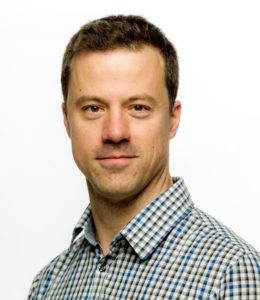 |
Prof. Damien Debecker University of Louvain, Belgium
https://orcid.org/0000-0001-6500-2996 Damien Debecker and his team develop innovative catalytic materials for sustainable chemistry applications. They target three main objectives: (i) the upgrading of biomass and bio-based platform chemicals (glycerol, lignocellulose and lignin-derived monomers, ethanol, short carboxylic acids, triglycerides, sugars, etc.) to valuable molecules, (ii) the capture of CO2 and its conversion, and (iii) greener organic synthesis processes using enzymes, hybrid catalysis approaches and process integration. To do so, they implement ad-hoc strategies to immobilize enzymes into/onto catalytically active solid materials. Another important line of research of the Debecker lab is the utilization of (reactive) spray drying techniques to manufacture original catalytic materials. |


